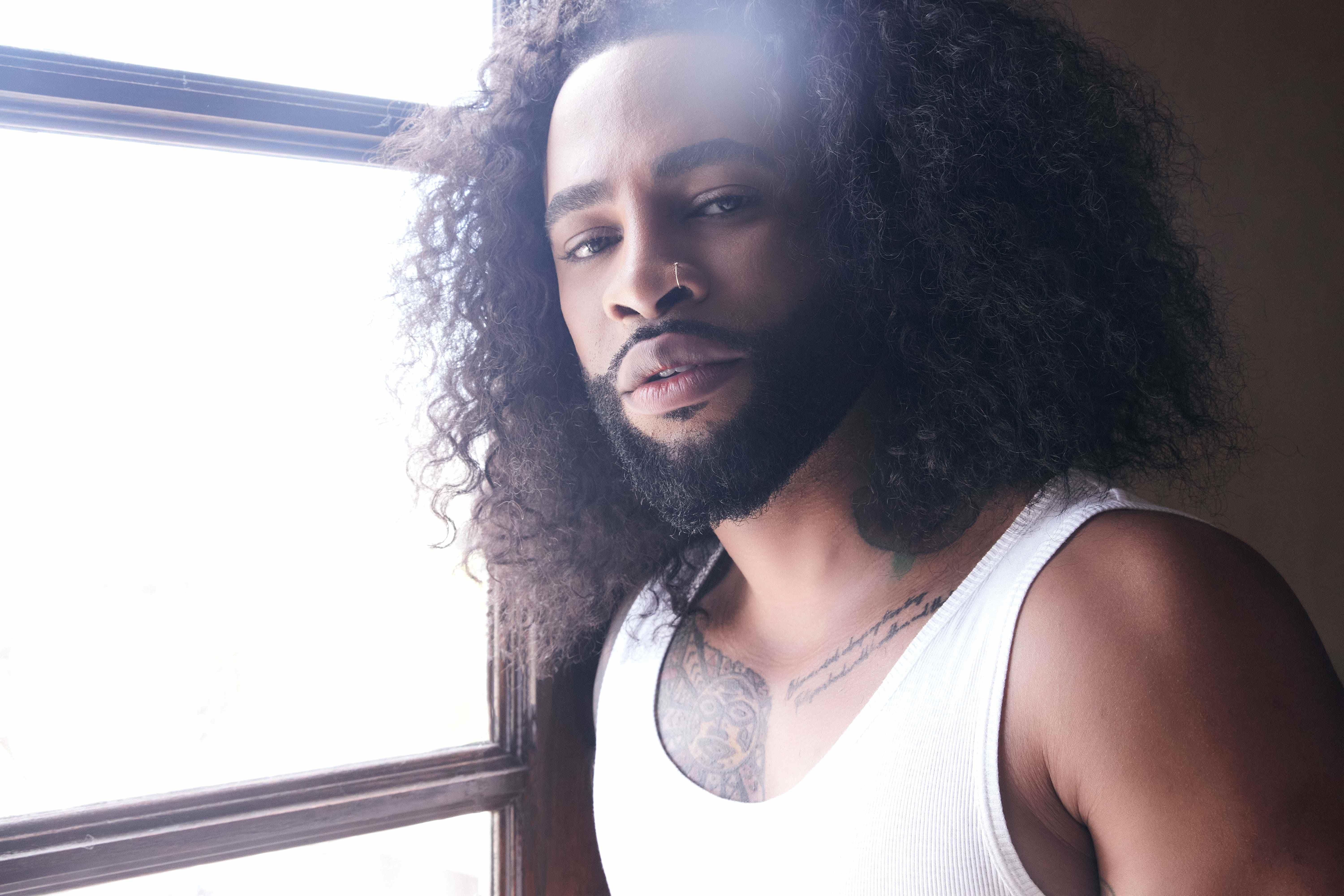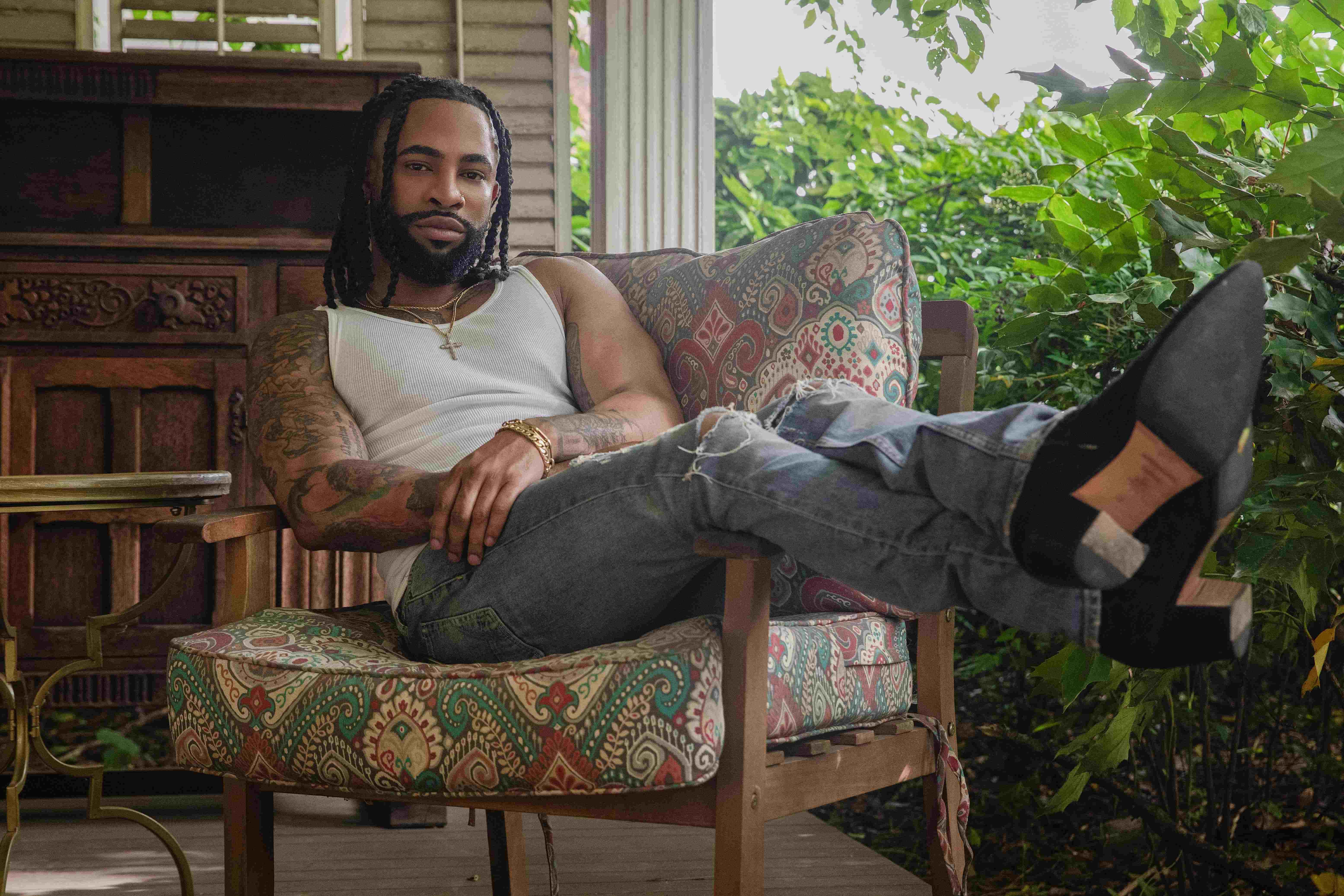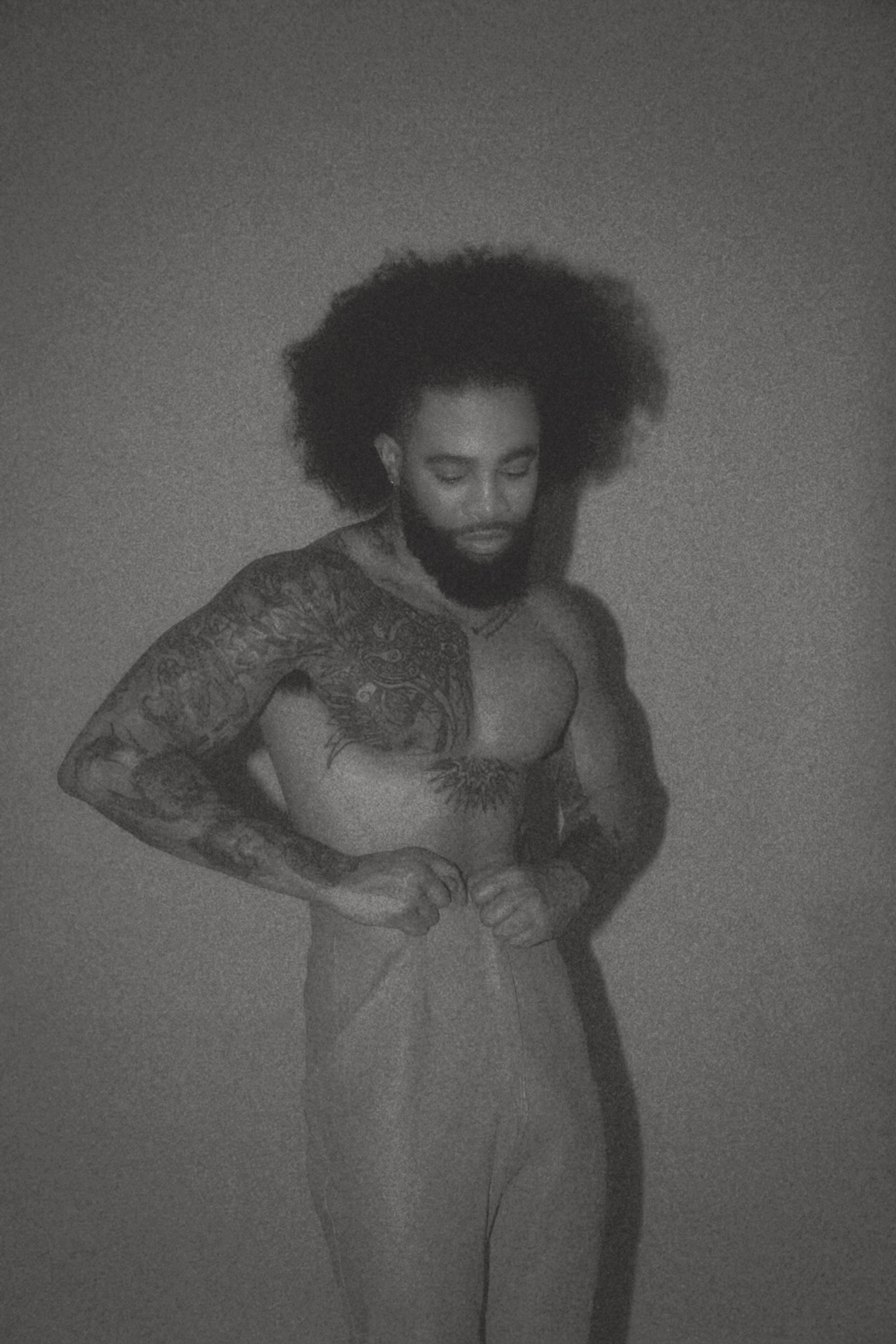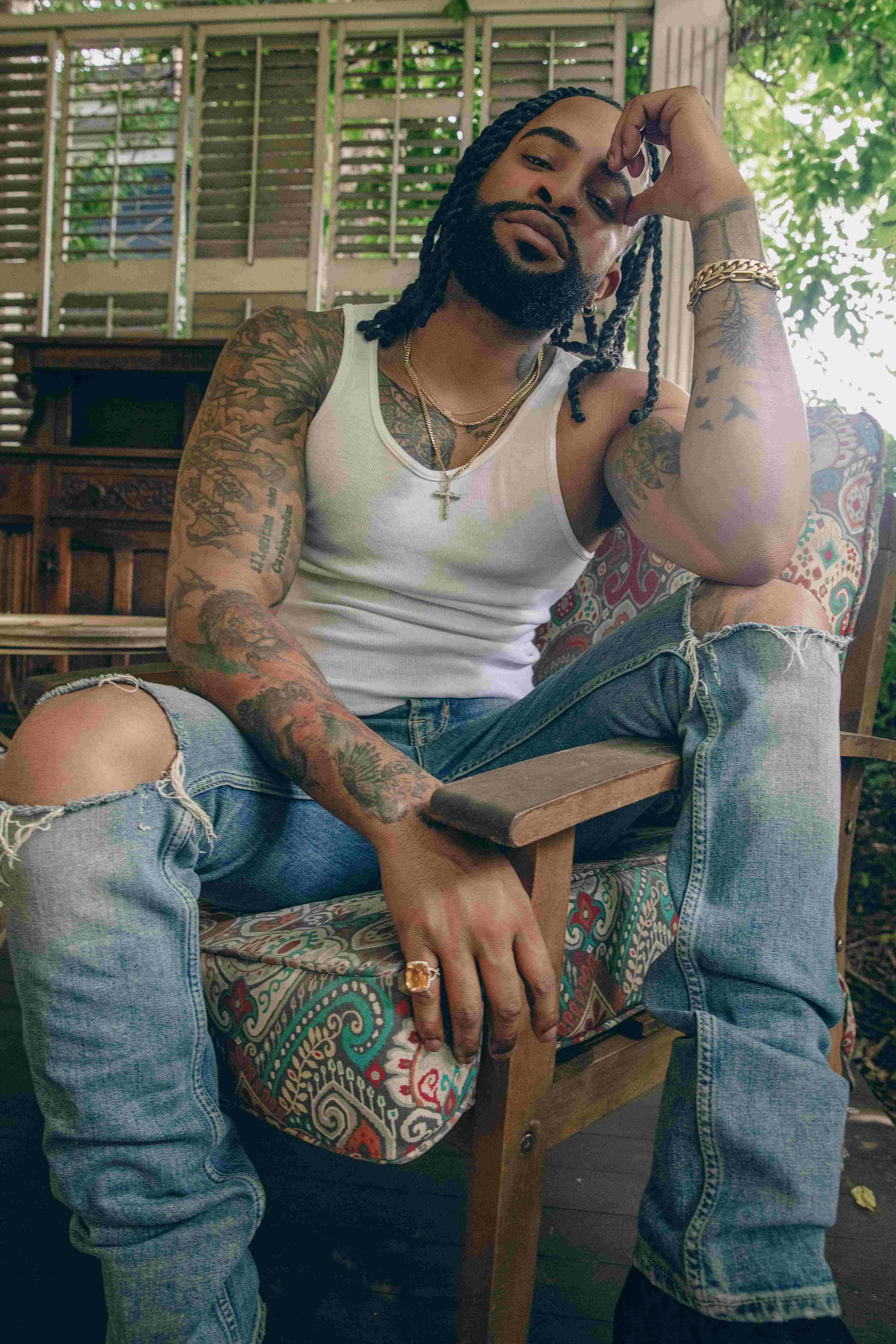
Elijah Blake: A Journey Through Music, Culture, and Self-Discovery
Elijah Blake is more than just a name in the music industry—he's a multi-hyphenate whose talents span singing, songwriting, and producing.
By Nino ReyesAug. 22 2024, Published 3:35 p.m. ET

With two Grammy Awards to his name, Blake is celebrated as one of the industry's most prolific songwriters. His pen has crafted hits for some of the world's most iconic artists, including Usher, Rihanna, Alicia Keys, Justin Bieber, DIPLO, Mary J. Blige, Britney Spears, and many more. But behind the accolades and the music lies a story rich in culture, faith, and self-discovery.
Blake’s journey began long before he became a household name. Born in Santo Domingo, Dominican Republic, to Dominican and Haitian parents, Blake moved to Palm Beach County, Florida, at age five. His upbringing was deeply rooted in his Caribbean heritage, though it wasn't until later that he realized how much this background influenced his love for music. Growing up, Blake was surrounded by the sounds of Caribbean rhythms, the taste of platanos, griot, legumes, and the vibrant culture of his community. It was all he knew, and it became the foundation of his musical identity.
The name "Elijah" was given to him by his grandfather, a man of deep faith who believed that names held power. Coming from a super religious background, his grandfather saw a unique calling in Elijah that would draw people back to God. The biblical prophet Elijah, known for his unwavering faith and miraculous deeds, was a symbolic figure for Blake's journey. His grandfather's belief that Elijah had a different calling in life has guided his career, shaping his approach to music and storytelling.

Blake’s path to becoming a celebrated songwriter began with his love for poetry. He was always drawn to stories —both telling and hearing them. Whether it was observing conversations at a restaurant and imagining the dialogue or creating narratives in his mind, Blake's imagination was always at work. This passion for storytelling naturally translated into songwriting, where he discovered his ability to craft songs that resonated with listeners on a deep emotional level.
At just 15 years old, Blake’s songwriting talent caught the attention of Atlantic Records, leading to a production development deal. During this time, he moved to Atlanta and began working under the mentorship of Trey Songz, who was one of the first to recognize Blake’s potential within the music industry. The song "Jupiter Love," which Blake wrote for Trey Songz, became a turning point in his career. At a time when he was struggling financially, the opportunity to work with Songz was life-changing. This experience cemented his belief in his craft and opened the door to writing for other major artists.
One of Blake's most notable achievements was writing "No Love Allowed" for Rihanna. The process of writing for a global superstar like Rihanna felt like competing in the music Olympics, with high stakes and intense pressure. But Blake’s unique approach to songwriting, influenced by his Caribbean roots, set him apart. His timing, cadences, and sense of rhythm —often described by peers like Snoh Aalegra as distinctly Caribbean — became his signature style. It wasn’t until Aalegra pointed it out that Blake began to fully appreciate how his heritage shaped his musical instincts.

Blake believes that we are in the "Age of the Songwriter," a time when songwriters like Eric Bellinger, Victoria Monét, and Muni Long are stepping into the spotlight as rising stars. Having an all-access pass to the inner workings of the music industry has given Blake the insight needed to navigate both the creative and strategic aspects of his career. He no longer sees a separation between being an artist and a songwriter. Instead, he views them as interconnected, drawing inspiration from legends like Stevie Wonder, Lauryn Hill, and Bob Marley—artists who seamlessly blend storytelling and music.
His latest album, Elijah., is a deeply personal project that focuses on themes of pain, personal shame, and accountability. Blake describes the process of creating the album as a journey of self-discovery, where he spent eight months isolating himself to peel back the layers of his pain. The album reflects his commitment to making art with integrity, delving into his childhood struggles while his mother worked tirelessly to provide for him and his siblings.
For Elijah Blake, music transcends the boundaries of a mere career; it’s an expression of his soul, a conduit for his heritage, and a testament to his unwavering faith. Influenced by legendary artists like Mariah Carey, Prince, Stevie Wonder, Marvin Gaye, and Donny Hathaway, Blake channels their profound impact into his unique brand of storytelling. His songs are not just melodies—they are narratives that echo his experiences, struggles, and triumphs. Blake's journey from a young, imaginative poet in Florida to a Grammy-winning artist is a testament to the power of staying true to oneself.
His music reflects a deep connection to his Dominican and Haitian roots, an awareness of his spiritual purpose, and a commitment to creating art with integrity. As he continues to evolve as an artist, Blake remains dedicated to pushing the boundaries of his craft, inspiring others with his honesty and vulnerability. In a world where the music industry often prioritizes commercial success over authenticity, Elijah Blake stands as a beacon of what it means to create from the heart, proving that true artistry is not about following trends but about forging one's path with courage and conviction.

